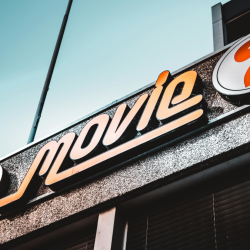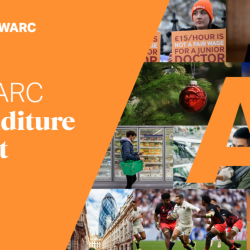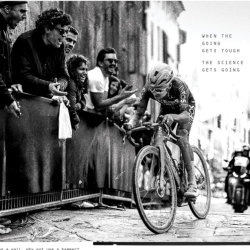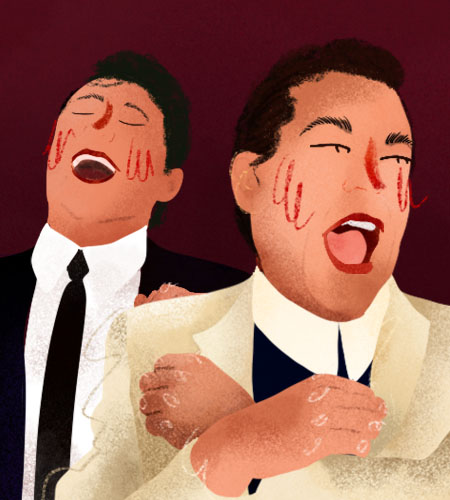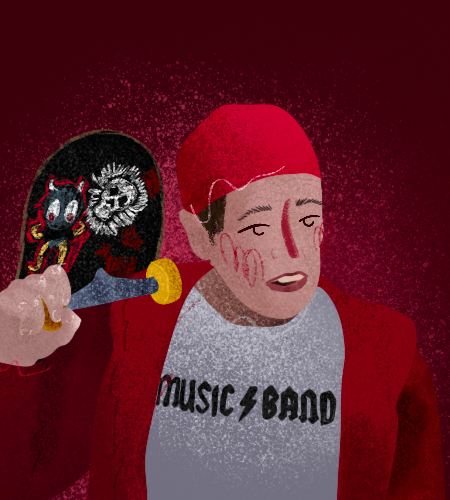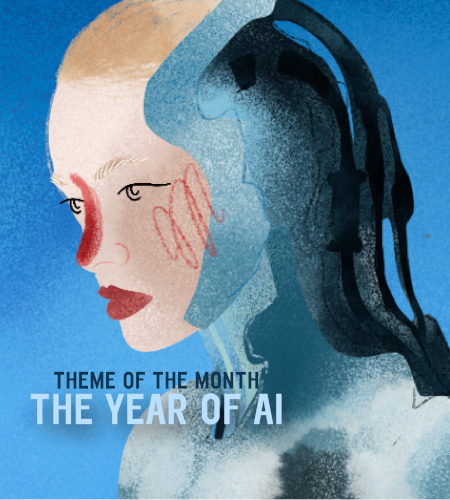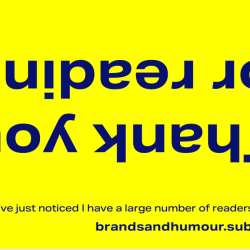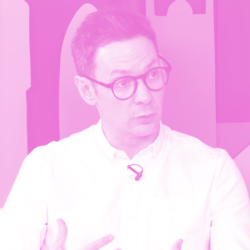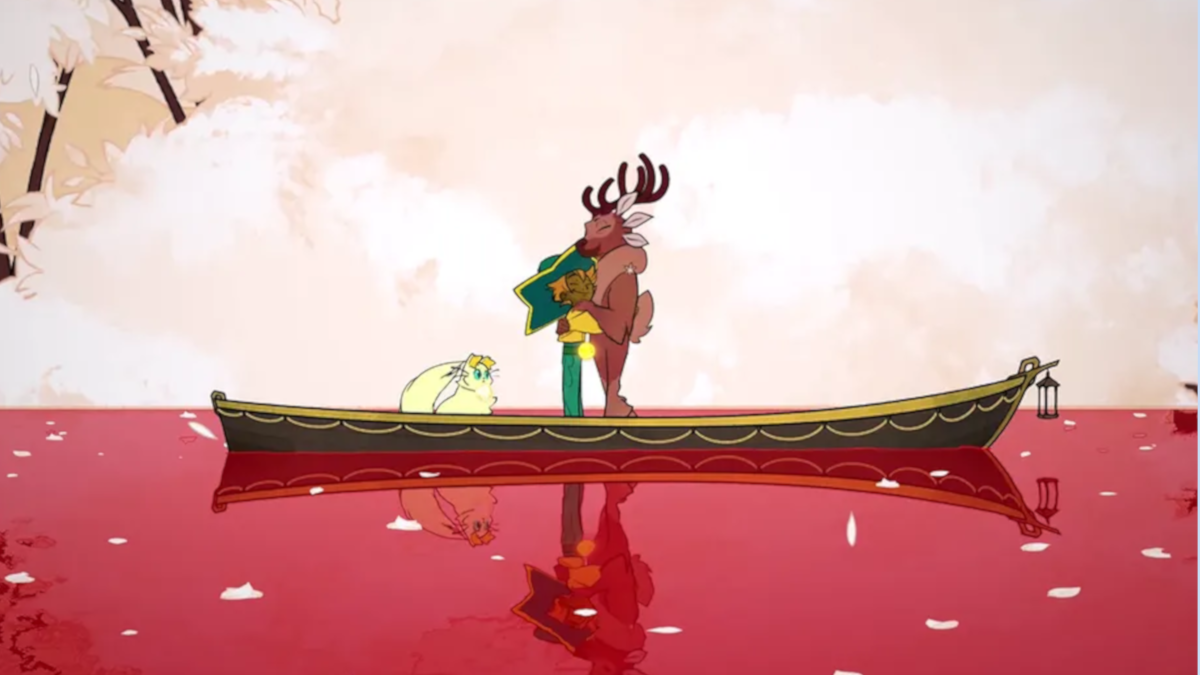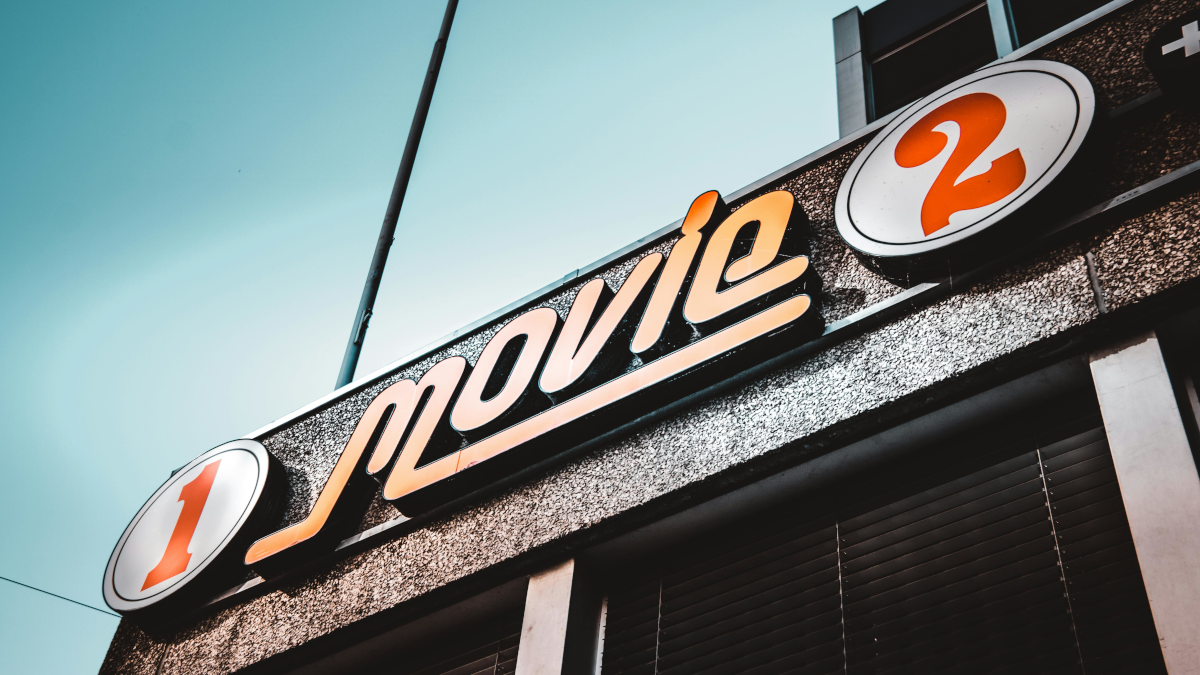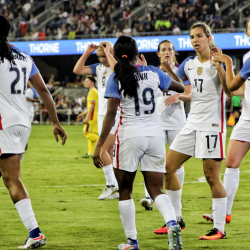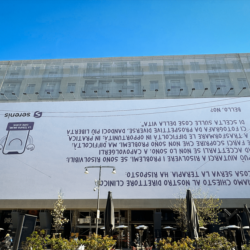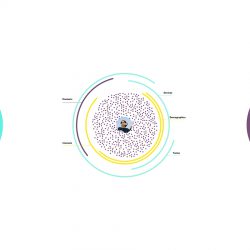I owe my grounding in decision science to three people — Professor Bob Shaw, with whom I worked for some years, and Russo and Schoemaker, whose excellent books Bob introduced me to.
Sadly Edward Russo died this year, so it is an appropriate moment to acknowledge my debt to him and his co-author.
Decision Traps: The Ten Barriers to Brilliant Decision-Making and How to Overcome Them by J Edward Russo and Paul JH Schoemaker. Simon & Schuster (1989)
Decision making is that rare skill that few people claim to be particularly good at. And this includes some distinguished people that I have interviewed – business people and leaders in several other fields.
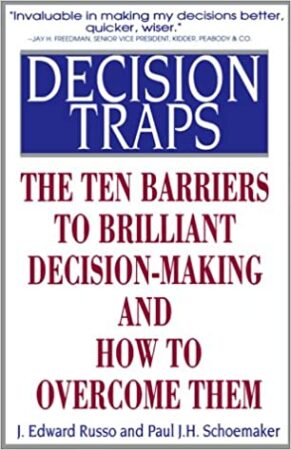
Decision Traps provides ‘watch outs’ to help us make better decisions, by avoiding the worst pitfalls. For some reason this seems to work better than providing some kind of ‘how to’ guide with multiple tips. Interestingly, Russo and Schoemaker did publish a ‘how to’ book later, Winning Decisions: Getting It Right the First Time. But in my opinion it wasn’t as good.
Decision Traps is spot on about what can go wrong. I would like to share with you a paraphrased version of their ten decision traps, or barriers, in the order which they appear in the book. Here goes:
- Don’t plunge in and rush to information gathering until you’ve given yourself time to decide on the crux of the issue at hand. Don’t let pressure to ‘get on with it’ send you off course.
- Avoid frame blindness. Make sure you don’t set out to solve the wrong problem. Get the frame right, and you won’t miss good options or lose sight of important objectives.
- Keep your framing under control. Don’t rely on just one definition of the problem. And don’t be unduly influenced by how someone else, however important, has defined it.
- Don’t be too gung ho. Your going in assumptions may be wrong. Or you may have jumped prematurely into a conclusion. Sometimes we are so confident and determined to be ‘decisive’ that we don’t plan the journey properly. You need to carry on pursuing facts and data as far into the process as possible.
- Avoid the ‘shortsighted shortcut’ trap. Don’t anchor on readily available facts and data. Any one unit of information may be misleading. Confirmation bias is dangerous. So is agreeing with the last person you spoke to.
- Don’t try and wing it — however confident you may be that you are on the right track. Shooting from the hip, or jumping into a premature decision is a waste of all the time and trouble you have taken so far. Keep other options on the table. And don’t be judgmental about sitting on the fence for as long as you decently can. Avoiding a quick and wrong decision is as important as taking the right one in the end. Both undue optimism and underestimating downside risk can be fatal.
- Watch out for Group Failure. This is one of the commonest traps or barriers. Don’t assume that with smart people on the team, you can’t make a horrendous mistake.
- Don’t be fooled by feedback. Remember that you and colleagues and co-conspirators can take the wrong track by misinterpreting past outcomes. The past is often not a reliable predictor of the future. Wanting something to be right and drawing convenient conclusions may get you into big trouble.
- Don’t be casual with your decision making. Taking decisions seriously requires a sound process. When you take the big decision, write it down with the reasons you decided as you did
- Don’t risk losing the learnings you have painstakingly acquired. Audit your decision process as you go. Track success and failure in detail. Be brutally honest about this.
David Wethey is an author, lecturer and marketing consultant. His first book, DECIDE — Better ways of making better decisions (Kogan Page 2012) was shortlisted for Business Book of the Year.
Featured image: Vegasworld / Reshot


